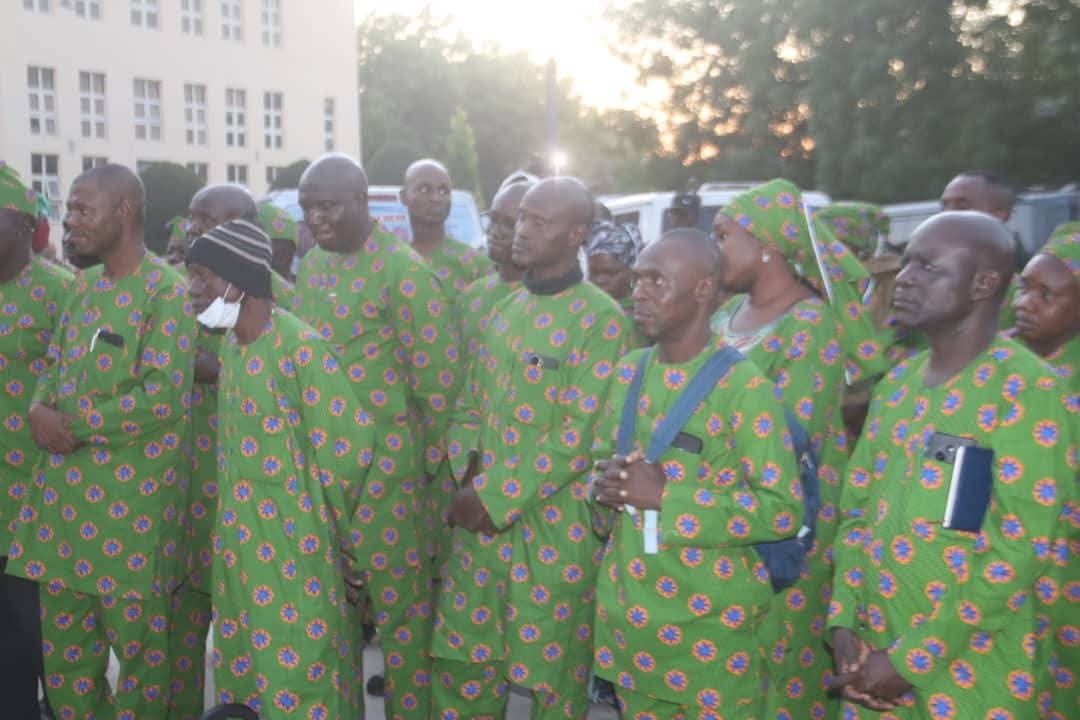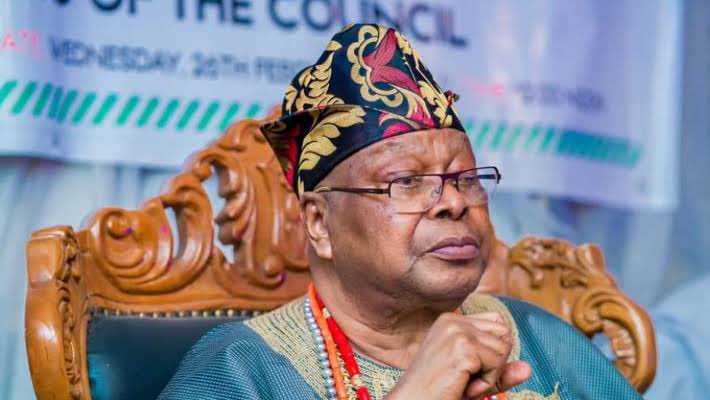As Nigeria marked World Children’s Day, UNICEF, media leaders and government officials called for stronger protection for Nigerian children amid rising insecurity, warning that Nigeria cannot achieve meaningful development without prioritising children’s rights, safety and access to education.
Stakeholders made the call during a panel session on Tuesday in Lagos, where they highlighted gaps in child protection, schooling, and service delivery, as well as the need for wider access to education and deeper community engagement to secure the rights and well-being of children across the country.
UNICEF Deputy Country Representative Ronak Nkan said the theme, “My Day, My Rights,” underscored the agency’s belief that child participation is a core right that must be reflected in national decision-making. She explained that UNICEF continues to engage children and young people across platforms such as education and immunisation to ensure their views guide policy and program design.
Nkan stressed that children must be protected from violence in schools, emphasising that Nigeria’s ratification of the Safe School Declaration places a responsibility on government and partners to ensure full implementation.
She also highlighted stark disparities in children’s access to basic services across states, citing recent Demographic and Health Survey data. For instance, while about 90 per cent of households in Lagos have access to safe water, the figure is as low as three per cent in Kebbi State.
According to her, such evidence guides UNICEF’s investments, which prioritise areas with the greatest needs. She added that the agency supports government through technical assistance, service delivery demonstrations, and joint monitoring, with the long-term goal of ensuring the government fully takes over interventions.
On expanding girls’ access to education, she noted that UNICEF supports federal efforts on policies that allow girls who drop out due to early marriage or pregnancy to return to school. She stressed the need for equal opportunities for every Nigerian child, regardless of geography.
The Federal Ministry of Women Affairs, represented by Mrs. Mariam Fitumi Shaibu, said government interventions now focus on practical measures rather than repeated discussions about the 2003 Child Rights Act. She cited the establishment of the National Commission for Out-of-School Children, as well as the development of a new national committee to develop an integrated policy framework for all interventions targeting out-of-school children and vulnerable groups.
Shaibu said the government is scaling up major programmes, including the Adolescent Girls Initiative for Learning and Empowerment (AGILE), which now covers 18 states; the Lumina Project, which empowers mothers and supports girls at risk of child marriage; and the re-entry policy that allows girls who left school due to marriage or pregnancy to resume their education. Combined, the interventions aim to reach millions of children by 2030.
She added that the ministry has finalised a national policy on menstrual health and hygiene after identifying that lack of water, toilets and dignity facilities contributes to girls’ absenteeism. She emphasised the ministry’s reliance on stakeholder engagement and media partnerships to ensure widespread awareness and implementation of policies.
Also speaking, senior editors from the Nigerian Guild of Editors (NGE) reiterated the media’s responsibility to amplify children’s voices and scrutinise government policies affecting them.
NGE President and Vanguard Editor, Eze Anaba, urged the government to show greater concern for children’s welfare and called on parents to be more involved despite economic hardship.
According to him, Nigeria remains in a “state of emergency” due to the high number of out-of-school children.
He insisted that no country can develop when its children are not in school and urged state governments that have not passed or implemented the Child Rights Act to do so urgently.






